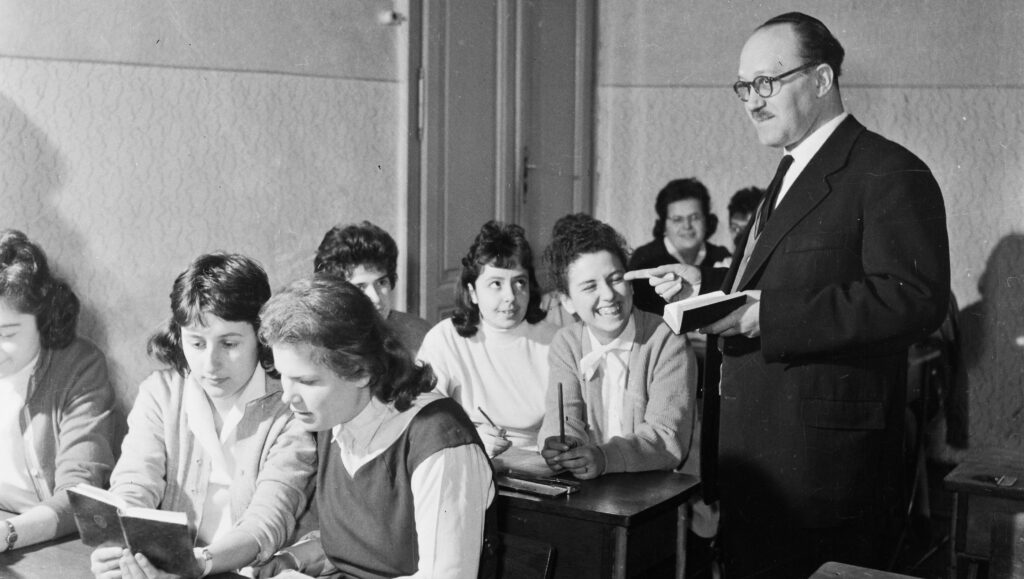‘It is absolutely important and necessary that films be made about the Hungarian historical past,’ Gergely Gulyás, the minister leading the Prime Minister’s Office emphasised on Thursday in Tusnádfürdő when commenting on Blokád (Blockade).
Speaking as a panellist at the discussion titled ‘Blockade — And What is Behind It’ at the 32nd Bálványosi Summer University and Student Camp (Tusványos), Gulyás argued that if if we value our past, then film is one of the most important mediums to narrate it. He acknowledged that the cinematic presentation of the recent past may be challenging, however, but added:
‘If it does not reek of politics, and contamination by those in power can be avoided,’ then it is fine to make a film about the regime change,
he pointed out. Gulyás opined that the regime change is now at such a temporal distance that its assessment is no longer guided by current politics, and can be viewed objectively in terms of the events of that time.
He also pointed out that by now a consensus has been reached that the regime change itself, the transition to democracy, was successful and of great significance in the country’s history. He recalled that it was very difficult at the time, at the level of daily politics, to accurately understand who did what to bring about regime change in Hungary, and to have the Communists to finally step down and to entrust the country to those whom the people honoured with their trust. And if one looks at who led the Western countries in 1990 and who leads them today, it can be said that it was a different world, he stressed.
Speaking about former President of the Republic Árpád Göncz, he said that the president even disrespected the constitution if the interests of the party nominating him required him to do so. According to the minister, this is the gravest statement that can be made about a President. Árpád Göncz’s life path had made him worthy of the presidential office, but his activities as president made him unworthy of it, he opined.
Lawyer and former minister of the interior Imre Kónya declared that the film was long overdue. He highlighted that today when people have a dismal opinion of politicians,
it is good to know that there were people who dedicated their entire lives to serving the nation.
He said that there was not a single moment in József Antall’s life about which he should have felt ashamed; therefore, it is important that a film has been made about such a person, he remarked, adding that the work also serves as a worthy tribute to Árpád Göncz.
Kónya recalled that when József Antall entered politics, his Western political counterparts welcomed him with joy because he was not an unpredictable revolutionary who would storm in, but someone who behaved like them. Antall had very strict principles, never lost sight of the right direction, and yet remained practical, Kónya emphasised.
Norbert Köbli, director of MCC Storylab and the screenwriter of the film, shared that when one utters the names MDF, SZDSZ, József Antall, or Árpád Göncz, those feel still really close in time, so it was a bold endeavour on their part to make a film about the events of the not-too-distant past. At the same time, he felt that there was already a historical perspective, with life paths that had come to a closure, and the two political parties in the film no longer existing. That is why the creators dared to write the story because in certain respects, it is at an end now, the Köbli explained.
He also pointed out that the taxi blockade was a historic moment in the media, was broadcast live on TV, and the media also shaped the events. According to the assessment of the screenwriter, József Antall was
an anachronistic figure who embodied the unity of thought, speech, and action.
What became evident for him during his work was that it was possible to believe that there is such a thing as a good man, the screenwriter summed up, saying that the point was to make the audience believe the reality. The film sought to uncover ‘the truth of the character’ in the case of Árpád Göncz, too. Köbli explained that he read the only book available about the former President, noting that what was left out of it was more revealing than what was included, and remarked that in his view, Göncz was a mysterious, enigmatic figure.
Related articles:
Source: Hungarian Conservative/MTI







